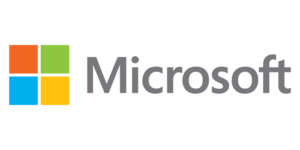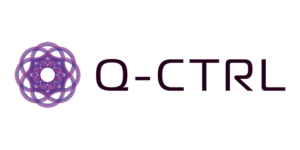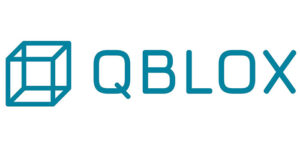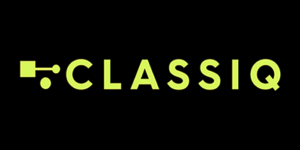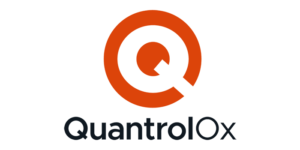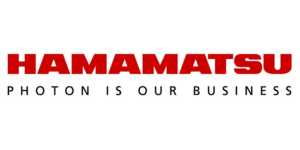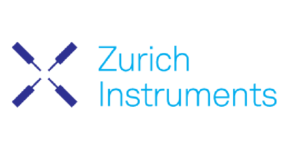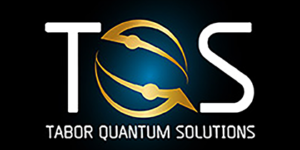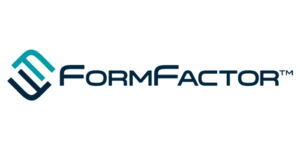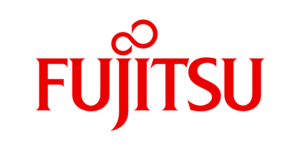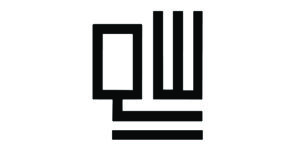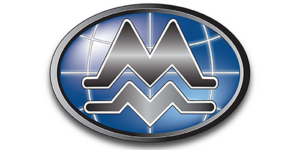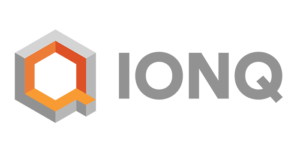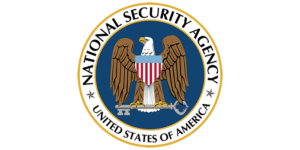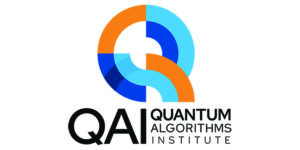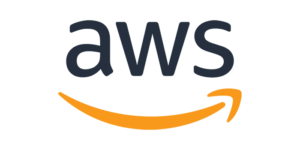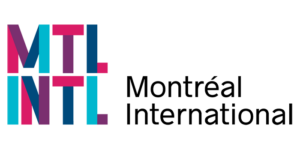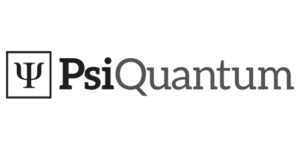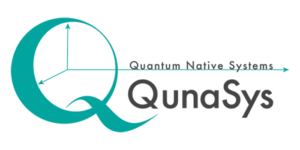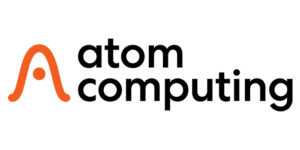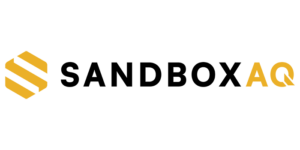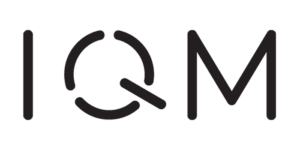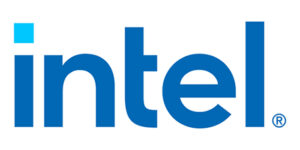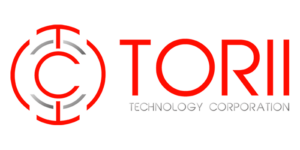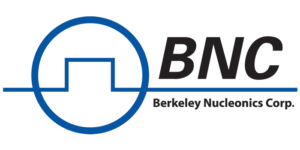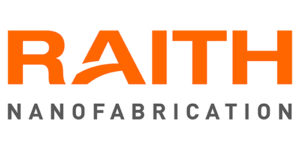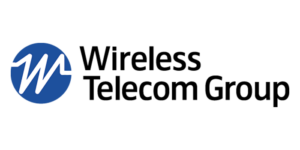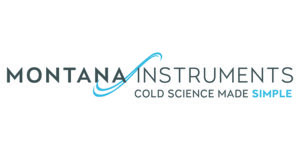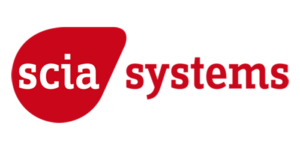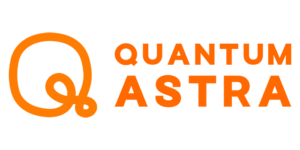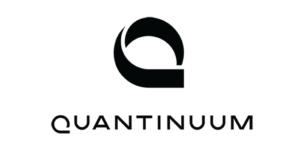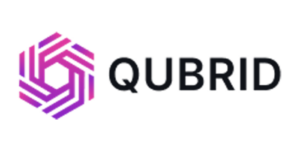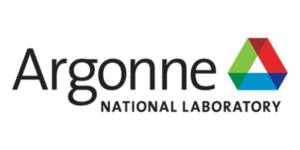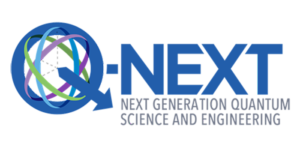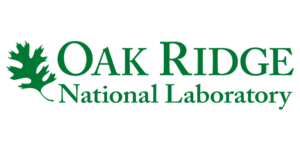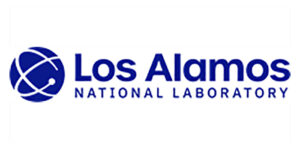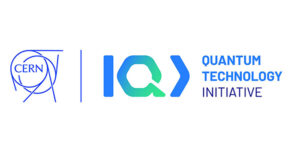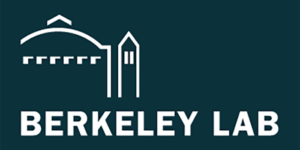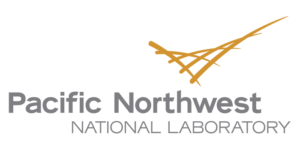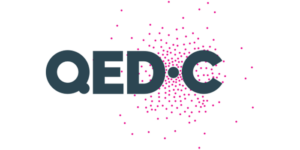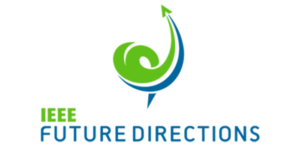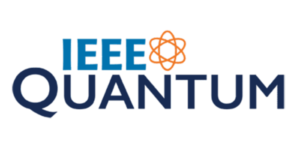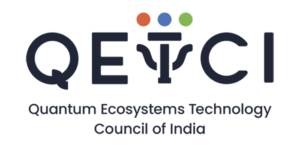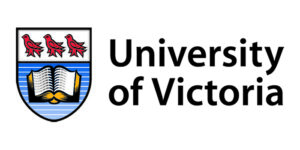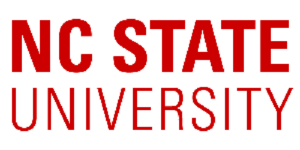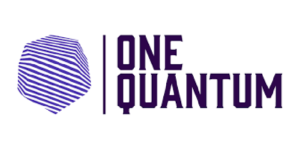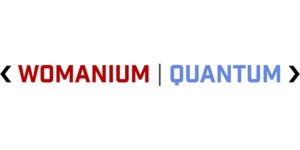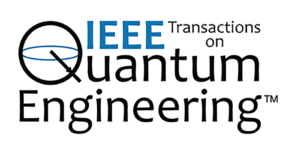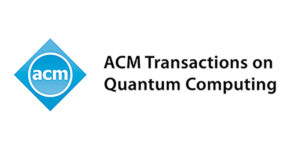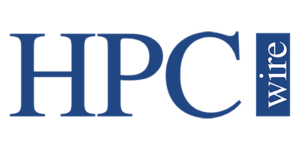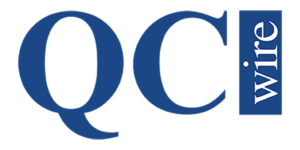Home » Technical Papers Program
Technical Papers Program
Scope and Goals
IEEE Quantum Week aims to be a leading venue for presenting high-quality original research, ground-breaking innovations, and compelling insights in quantum computing and engineering. Technical papers are peer-reviewed, can be on any topic related to quantum computing and engineering, and will be considered by one of the following technical paper tracks.
Technical Papers Program & Best Papers
A record number of 153 technical papers have been accepted into the five technical paper tracks. The links below lead to the programs of the five technical paper tracks all in one PDF file.Technical Program Board Co-Chairs
- Yuri Alexeev, Argonne National Laboratory (ANL) — [email protected]
- Andrea Delgado, Oak Ridge National Laboratory (ORNL) — [email protected]
Technical Paper Track
Quantum Algorithms (QALG)
- Track Chairs:
- Bert de Jong, Lawrence Berkeley National Laboratory (LBNL) — [email protected]
- Susan Mniszewski, Los Alamos National Laboratory (LANL) — [email protected]
The theory of solving problems with quantum computers.
- Quantum information science
- Quantum algorithm structures and patterns
- Quantum algorithms and complexity
- New NISQ-friendly algorithms
- Error correction and mitigation algorithms
- Fault-tolerant quantum algorithms
- Advances in hybrid variational algorithms
- Advances in hybrid QAOA algorithms
- New quantum solver approaches
- Quantum linear algebra
- Advances in tensor network algorithms
- Advances in encoding and learning algorithms
- Advances in Hamiltonian dynamics
- Quantum cryptography
Quantum Applications (QAPP)
- Track Chairs:
- Laura Schulz, Leibniz Supercomputing Centre (LRZ)
- Sofia Vallecorsa, CERN
- Laura Schulz, Leibniz Supercomputing Centre (LRZ)
The practice of solving problems with quantum computers.
- Towards Quantum advantage
- Towards fault tolerance and realization of quantum error correction at application level
- Quantum Machine Learning (QML) applications
- NISQ and fault-tolerant applications
- Quantum simulation of physical systems
- Applications — chemistry, machine learning, finance, optimization, biological sciences, and other science & engineering applications
- Applications of quantum annealing
- Integrated high-performance computing (HPC) and quantum applications
- Performance evaluation of quantum algorithms
- Optimization problems—transportation, supply chain & logistics
- Quantum AI & decision making
- Quantum medical applications & precision health applications
- Quantum DNA and protein sequencing
- Quantum finance
Quantum Technologies and Systems Engineering (QTEM)
- Track Chairs:
- Michael Brodsky, U.S. Army Research Laboratory
- Silvia Zorzetti, Fermilab SQMS
The design and architecture of quantum technologies and systems engineering for computation and sensing.
- Superconducting quantum technologies
- Quantum annealing technologies
- Trapped ion quantum technologies
- Photonic and optical quantum technologies
- Silicon quantum technologies
- Quantum dot technologies
- Neutral atom quantum technologies
- Topological quantum technologies
- Hardware-software stack for quantum annealers, trapped ions, superconducting, photonics, neutral atoms, and others
- Quantum characterization, verification & validation: benchmarking and tomography
- Qubit design and control
- Packaging and cooling
- Cryogenics
- Quantum electronics
- Pulse-level control of qubits
- Sensing and metrology
- Characterization and hardware mitigation of noise, state preparation and measurement erro
Quantum System Software (QSYS)
- Track Chairs:
- Weiwen Jiang, George Mason University
- Michal Stechly, Zapata Computing
The design, architecture, and operation of full-stack quantum computing systems.
- Full quantum software stack: compilers, runtimes, workflows, languages, transpilers, profilers
- Quantum programming, development kits (QDKs), test harnesses, debuggers
- Quantum languages and intermediate representations (IRs)
- Quantum simulators
- Quantum software engineering
- Software for co-design
- Hybrid quantum-classical systems
- Resource estimation
- Quantum control software
- Interfacing classical control and quantum hardware through software
- Error correction and fault-tolerant computing at the system software level
- Testing, validation, and verification of quantum programs and systems
- Benchmarking of quantum systems, quantum volume and other metrics
- Software techniques for error correction and noise mitigation
- Hardware-software stacks for error mitigation
- Quantum software in enterprise systems
Quantum Networking & Communications (QNET)
- Track Chairs:
- Panagiotis Spentzouris, Fermilab
- Martin Suchara, Microsoft
Quantum techniques and technologies for networking and communications
- Quantum internet
- Quantum networking
- Quantum switches, routers, repeaters, and other hardware components
- Signal processing algorithms for quantum communication
- Optical quantum communications
- Intra-chip and inter-chip communication
- Secure communication in quantum networks
- Quantum cryptography, quantum key distribution (QKD)
- Post-quantum cryptography
- Distributed quantum computing
- Cloud quantum computing

